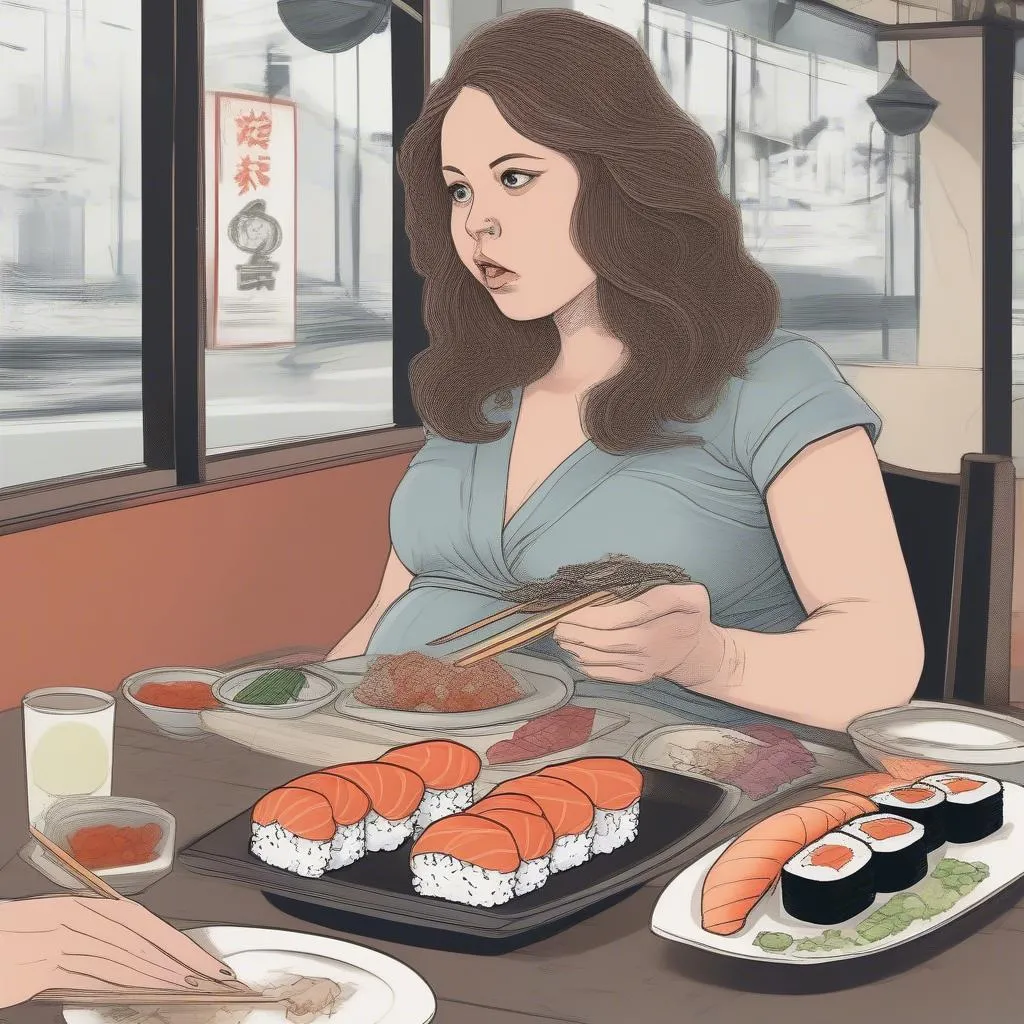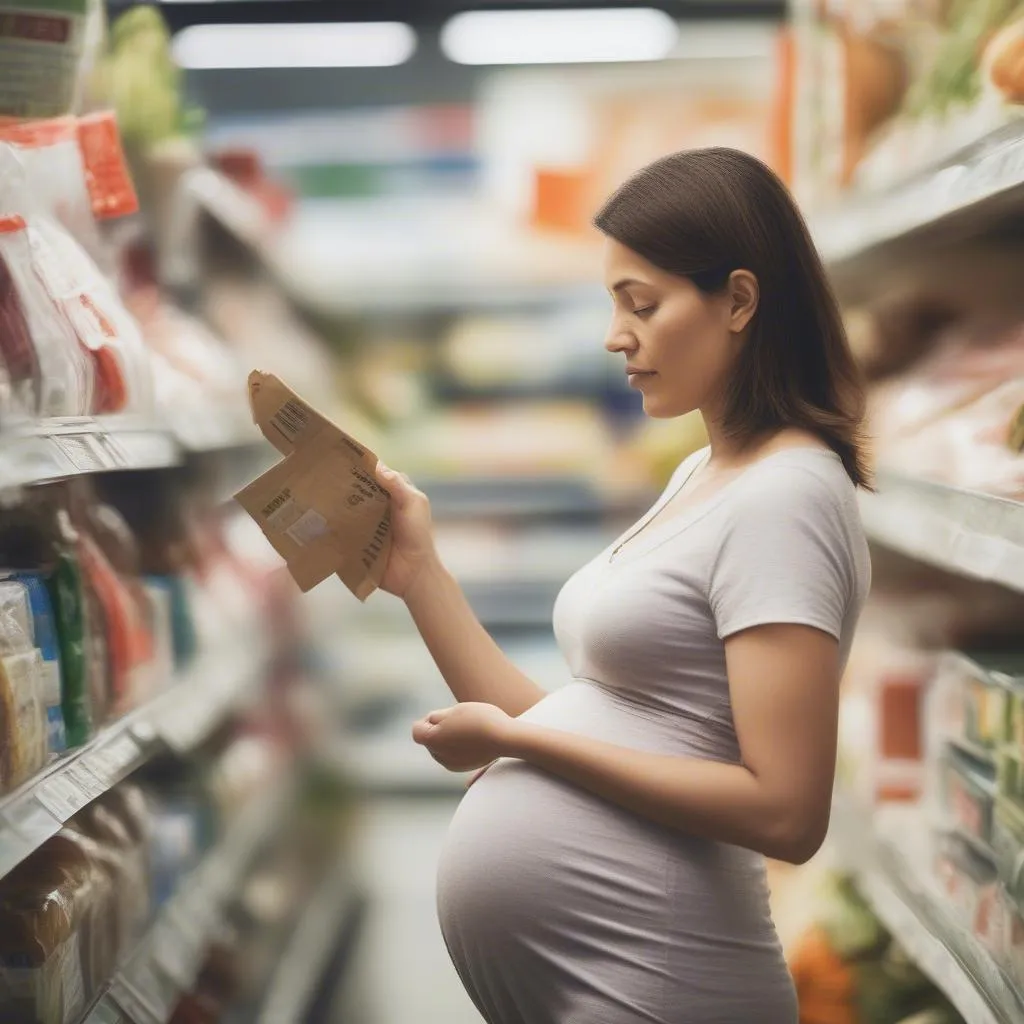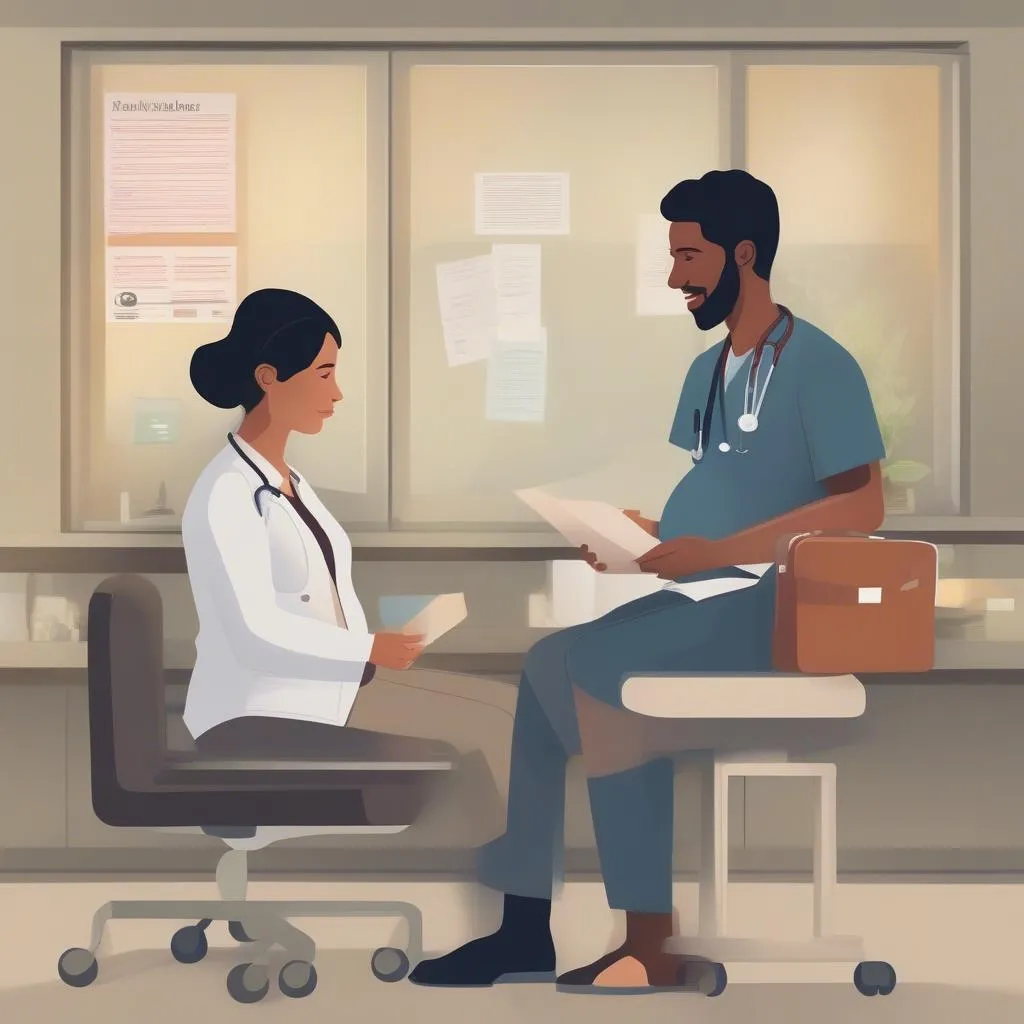So, you’re expecting and bitten by the travel bug? That’s amazing! Traveling while pregnant can be a wonderful experience, but it’s essential to prioritize your health and the well-being of your little one. One crucial aspect of a healthy pregnancy is maintaining a nutritious diet, especially when you’re on the go. While exploring new cuisines is exciting, some foods are best avoided during pregnancy. Let’s dive into what you need to know about navigating culinary adventures while keeping your precious cargo safe.
Navigating the Menu: What to Steer Clear of
When it comes to pregnancy, certain foods can pose risks to you and your baby. Here are some key culprits to avoid:
1. Raw or Undercooked Meat and Seafood
Picture this: You’re at a charming seaside restaurant, tempted by the day’s fresh catch. While tempting, remember that raw or undercooked seafood can harbor bacteria and parasites harmful during pregnancy. This includes sushi, sashimi, oysters, and rare steaks.
 Pregnant Woman Avoiding Sushi
Pregnant Woman Avoiding Sushi
2. Raw Eggs
Eggs are a breakfast staple, but consuming them raw or undercooked can increase the risk of Salmonella poisoning. This means saying “no” to homemade mayonnaise, Caesar salad dressing, and sunny-side-up eggs. Opt for thoroughly cooked eggs with firm yolks to stay on the safe side.
3. Unpasteurized Dairy Products
Unpasteurized milk and cheese might sound appealing for their artisanal charm, but they can contain harmful bacteria like Listeria. Stick to pasteurized dairy products, readily available in most grocery stores and restaurants.
4. Certain Types of Fish
Fish can be an excellent source of omega-3 fatty acids, crucial for your baby’s brain development. However, some fish contain high levels of mercury, which can be harmful to your baby’s developing nervous system. Avoid high-mercury fish such as shark, swordfish, king mackerel, and tilefish. Opt for low-mercury options like salmon, shrimp, catfish, and canned light tuna.
 Choosing Safe Fish During Pregnancy
Choosing Safe Fish During Pregnancy
5. Unwashed Fruits and Vegetables
Fresh produce is a vital part of a healthy pregnancy diet. However, it’s crucial to wash all fruits and vegetables thoroughly before eating to remove any harmful bacteria or pesticide residues. When in doubt, peeling is a good option for fruits like apples and pears.
6. Alcohol
It’s best to avoid alcohol entirely during pregnancy. Alcohol can pass from your bloodstream to your baby through the placenta and can interfere with your baby’s development. There’s no known safe amount of alcohol during pregnancy.
FAQs: Addressing Common Concerns
Q: Can I have caffeine while pregnant?
A: It’s generally safe to consume moderate amounts of caffeine during pregnancy, but it’s best to limit your intake to 200 milligrams daily. That’s about one 12-ounce cup of coffee.
Q: What about street food?
A: Street food can be tempting, but it’s essential to be cautious. Choose vendors who cook food thoroughly and practice good hygiene. Opt for hot, cooked dishes rather than raw or cold items.
Q: Is it safe to travel to areas with different food and water safety standards?
A: Consult your doctor about any necessary precautions, such as vaccinations or food and water safety tips, when traveling to regions with different standards.
 Travel Consultation During Pregnancy
Travel Consultation During Pregnancy
Bon Voyage and Healthy Eating!
Remember, prioritizing your health and your baby’s well-being is key to a joyful and memorable pregnancy journey. By making informed food choices, staying hydrated, and consulting your doctor with any questions, you can savor the flavors of your travels while nurturing a healthy pregnancy. Safe travels and happy eating!

